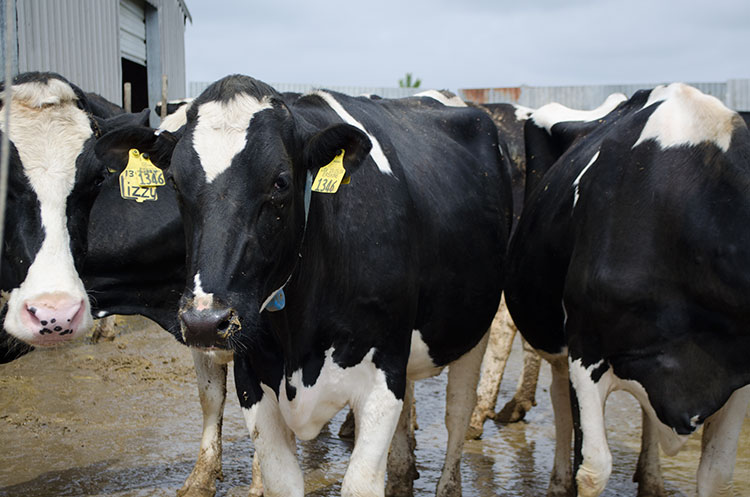
When I call my family, who dairies in Kansas, during the month of June, one of the guaranteed topics of discussion will be the weather. You can be sure that sometime during this summer month, the farm will either be concerned about getting hit by a storm or cleaning up from such an event. I can recall more than one June day in my childhood where I was attempting to beat a storm back to the farm with a load of wheat in the grain cart. After one particularly close call, my family and I were reminded that perhaps we would do well to have a protocol in place for employees during bad weather.
That was the exact topic Cornell’s Rob Lynch, D.V.M., addressed in a recent Pro-Dairy e-Leader Newsletter article. One of the “forgotten” protocols he suggested farms consider was an evacuation and emergency response protocol.
He said, “Our hope is to never need to use emergency protocols, but it is important that everyone on the farm keep safe if they ever need to respond to an emergency.”
In the case of my family’s farm, one such emergency is severe weather. Employees are now trained to be aware of the weather and stay in close communication during such events. My dad emphasizes that he needs to know where employees are and that they are safe.
Another recommended protocol by Lynch regarded the reporting of animal mishandling. He suggested that employees need to not only understand how they should handle cattle, but also how to keep each other accountable for humane treatment.
Finally, Lynch recommended having a protocol for updating protocols. “Revisions to protocols are inevitable, make sure you have a procedure in place to purge all working versions of those old protocols (keep one in the file cabinet with the treatment sheets as part of your stored records) so employees do not accidently pick up an outdated one,” he shared.

The author is an associate editor. She covers feeding and nutrition, youth activities and heads up the World Dairy Expo Supplement. Maggie was raised on a 150-cow dairy near Valley Center, Kansas, and graduated from Kansas State University with degrees in agricultural communications and animal sciences.








